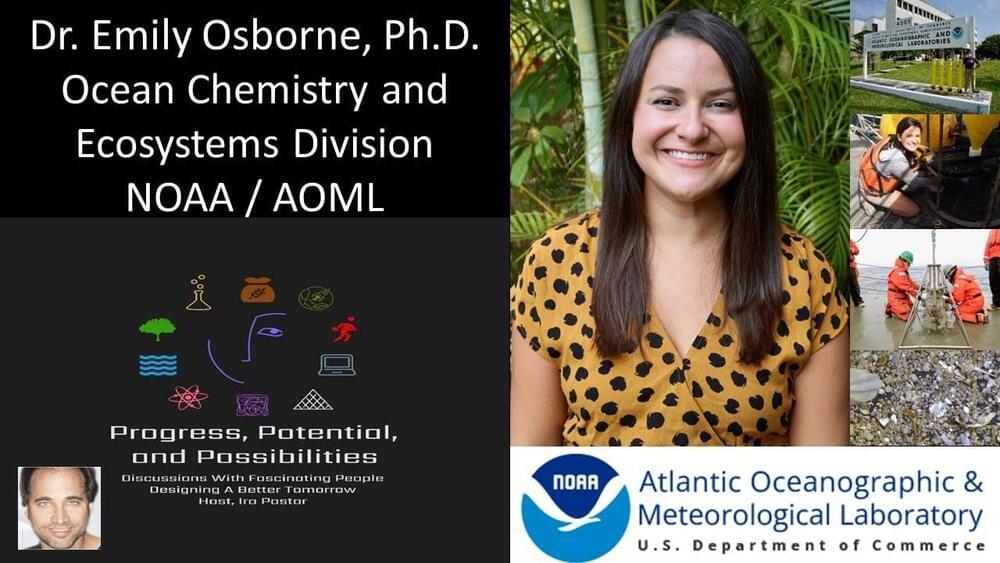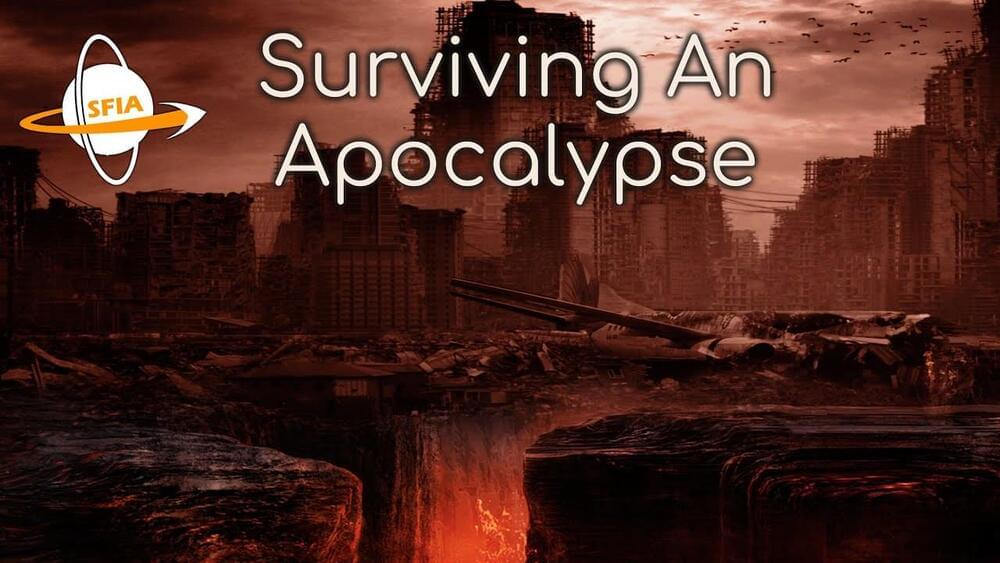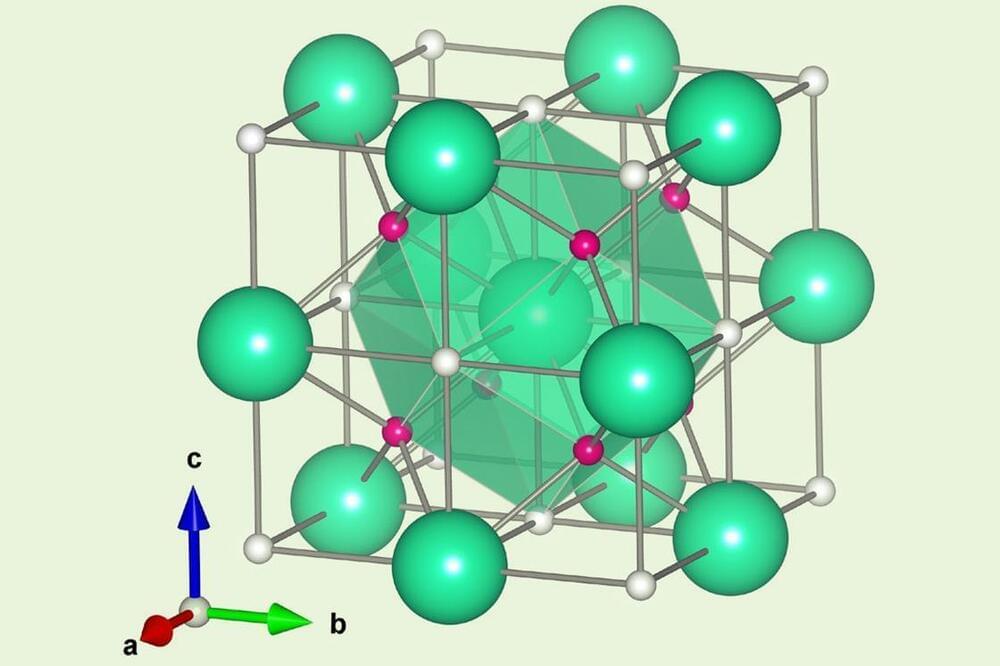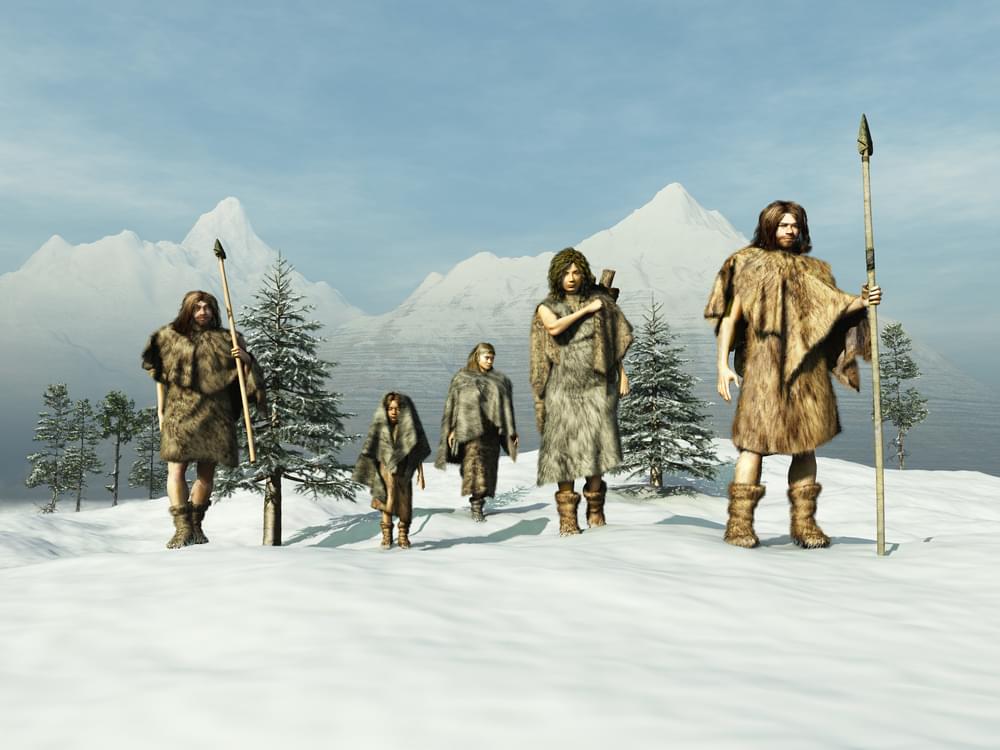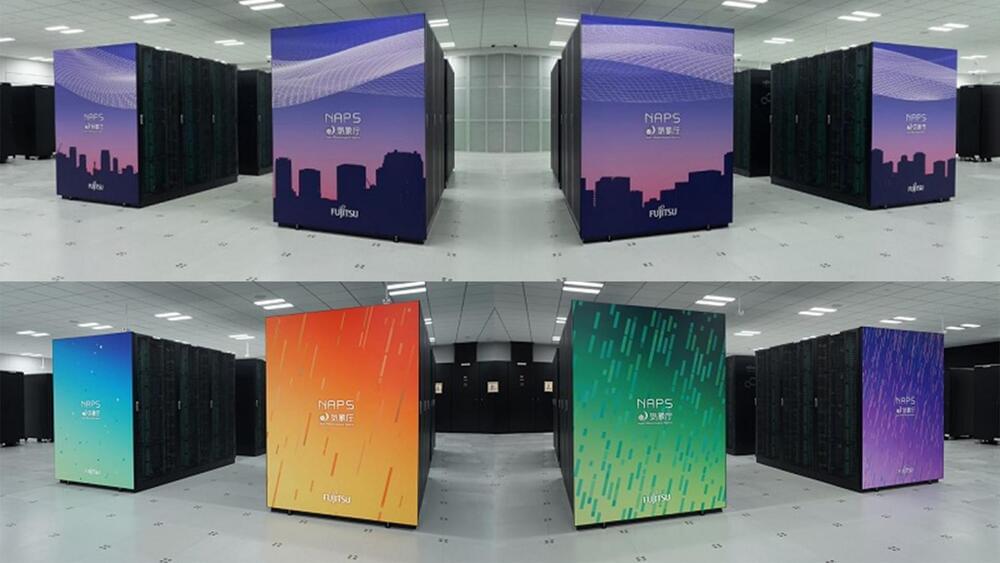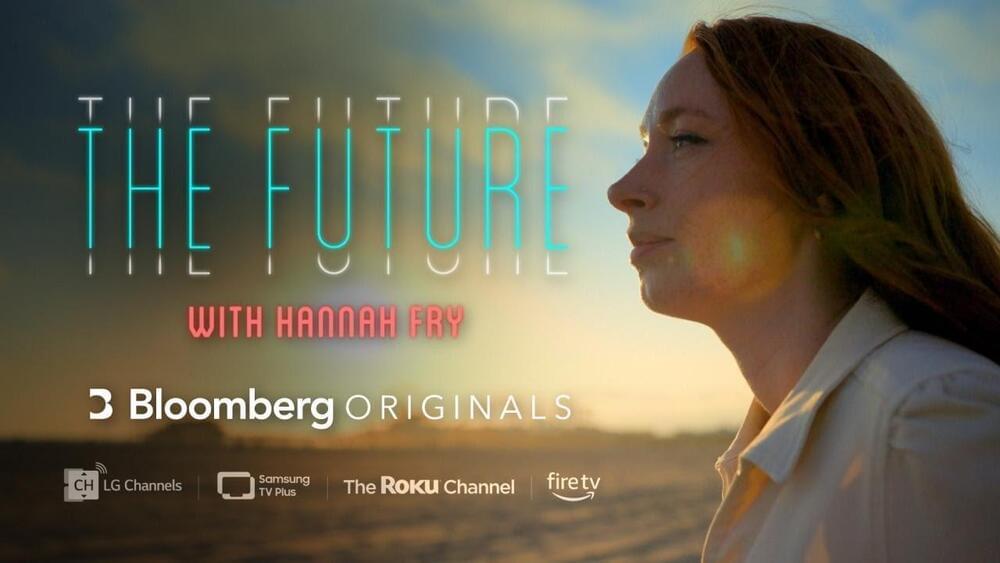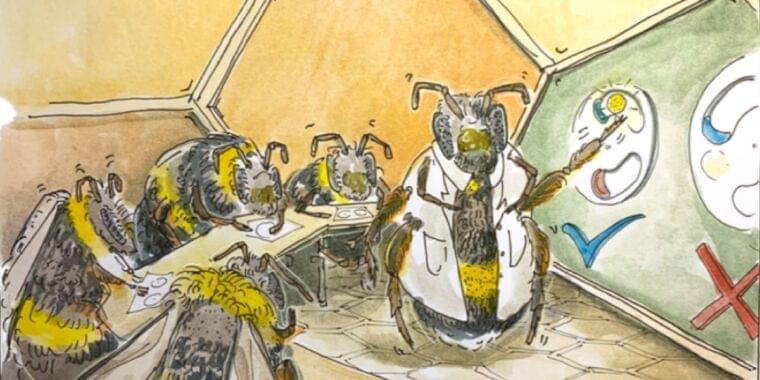
Social insects like bees demonstrate a remarkable range of behaviors, from working together to build structurally complex nests (complete with built-in climate control) to the pragmatic division of labor within their communities. Biologists have traditionally viewed these behaviors as pre-programmed responses that evolved over generations in response to external factors. But two papers last week reported results indicating that social learning might also play a role.
The first, published in the journal PLoS Biology, demonstrated that bumblebees could learn to solve simple puzzles by watching more experienced peers. The second, published in the journal Science, reported evidence for similar social learning in how honeybees learn to perform their trademark “waggle dance” to tell other bees in their colony where to find food or other resources. Taken together, both studies add to a growing body of evidence of a kind of “culture” among social insects like bees.
“Culture can be broadly defined as behaviors that are acquired through social learning and are maintained in a population over time, and essentially serves as a ‘second form of inheritance,’ but most studies have been conducted on species with relatively large brains: primates, cetaceans, and passerine birds,” said co-author Alice Bridges, a graduate student at Queen Mary University of London who works in the lab of co-author Lars Chittka. “I wanted to study bumblebees in particular because they are perfect models for social learning experiments. They have previously been shown to be able to learn really complex, novel, non-natural behaviors such as string-pulling both individually and socially.”
